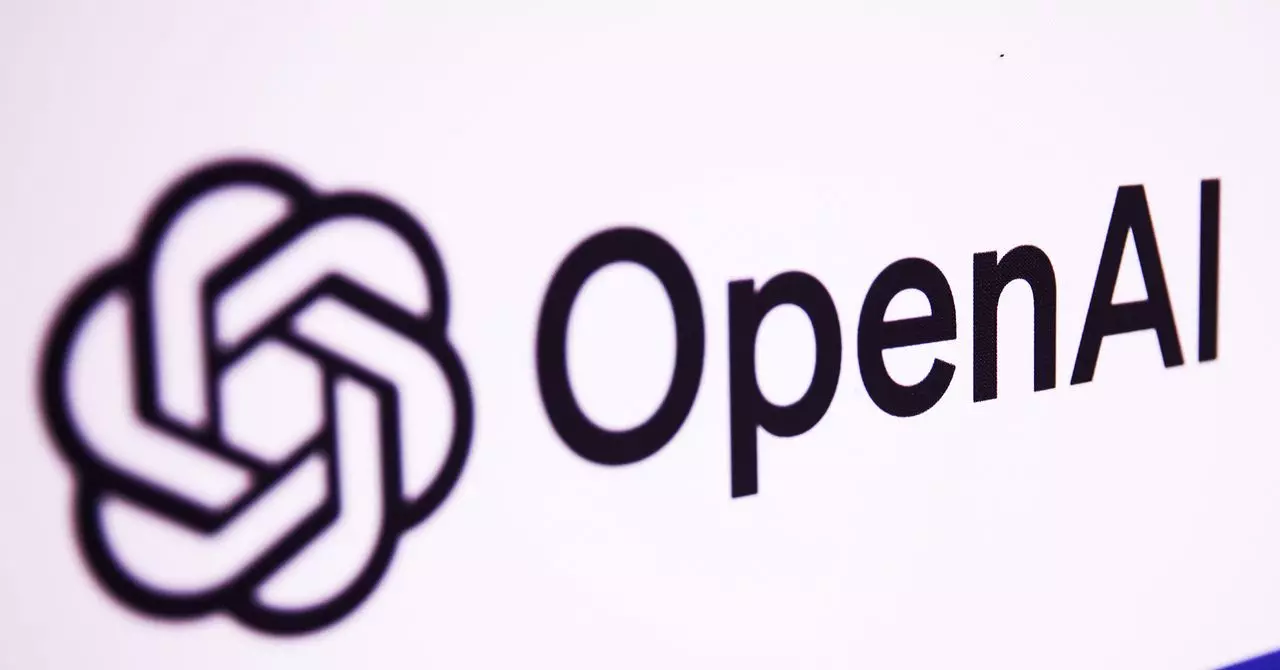The competition for AI researchers has shifted from a quiet recruitment process into an intense, almost combative war for the best minds in the field. OpenAI, once the unquestioned leader in cutting-edge AI research, now finds its dominance challenged by Meta’s aggressive and high-stakes hiring tactics. The recent departure of four senior researchers from OpenAI to Meta’s superintelligence lab sent shockwaves across Silicon Valley, sparking urgent internal efforts to counteract this talent drain. This episode reveals a larger, more significant battle—one in which companies fight not just for projects and patents, but for the engineers and scientists who can shape the future of artificial intelligence.
The Emotional and Tactical Response from OpenAI Leadership
Mark Chen, OpenAI’s chief research officer, expressed a mix of frustration and determination in an internal memo that has captured industry attention. Describing the defections as akin to “someone breaking into our home and stealing something,” Chen’s visceral reaction underscores the personal stakes involved for OpenAI’s leadership. Yet, the rhetoric goes beyond mere grievance—Chen promises an aggressive, multi-faceted response that includes revisiting compensation models, enhancing recognition programs, and engaging directly with employees who hold offers elsewhere.
Chen’s tone reflects a complex leadership challenge: retaining talent while maintaining fairness. His candid acknowledgment that not everyone can be retained “at the price of fairness to others” reveals an ethical dimension often overlooked in corporate battles for talent. Such honesty is rare in an industry that frequently equates retention with outbidding competitors at any cost.
Meta’s Bold Recruitment Strategy: A Game-Changer in Silicon Valley
Meta’s tactics mark a new scale of competition, with reports suggesting signing bonuses as high as $100 million offered to selected OpenAI researchers. This dramatic financial incentive highlights Meta CEO Mark Zuckerberg’s seriousness about building a formidable AI research division quickly. Beyond monetary allure, Zuckerberg has been personally involved in courting candidates, signaling a top-down commitment that demonstrates how critical Meta views this talent acquisition drive.
Importantly, Meta’s strategy is not just about throwing money at the problem. Sources indicate that Meta targets cultural fit and long-term loyalty, with Anthropic and Google also under scrutiny for poaching their best researchers. Despite Anthropic being a notable competitor, Meta appears to value candidates from OpenAI and Google more highly for the kind of cultural alignment they seek. This nuanced selection suggests Meta’s ambitions involve constructing not just a team, but a cohesive culture rooted in its vision for AI’s future.
Internal Dynamics and Emotional Pressures on OpenAI Researchers
The premia and promises on the table are more than just enticing figures—they impose intense pressure on researchers grappling with career-defining decisions. Internal memos from OpenAI’s research leaders acknowledge this stress and urge employees to resist aggressive recruiting tactics. The advice to tell Meta’s recruiters to “back off” when faced with “ridiculous exploding offers” points to a deeper concern about the mental and ethical burden placed on staff amid these crusades for talent.
This candid discussion about workplace culture and ethical recruiting reflects a crucial, yet often ignored, aspect of Silicon Valley’s talent wars: human agency. Researchers in AI don’t just weigh dollars—they consider loyalty, mission, purpose, and the ethical frameworks of their employers. Meta’s high-pressure approach risks backfiring by alienating the very individuals it hopes to hire, underscoring the delicate balance required in recruiting top-tier talent.
The Broader Implications for AI Innovation
What lies beneath the headlines about talent poaching is a signal about the rapid maturation and fierce contest in AI development. As titans like OpenAI and Meta compete to secure talent, the industry could face fragmentation, with innovation scattered across multiple labs competing not only for breakthroughs but also the sustainability of their teams.
This rivalry may accelerate advancements in AI—no one doubts that high compensation and keen competition spur innovation—but it also risks destabilizing a field that thrives on collaboration, openness, and shared breakthroughs. As firms continue to grow their ambitions and budgets, the question remains whether this talent war can be sustained without eroding the foundational values that have driven AI’s rapid ascent.
In the end, the escalating battle for AI excellence reveals much about the future of technological innovation: it is as much about human capital and culture as it is about algorithms and computing power. How companies navigate this terrain today will shape not just the trajectory of AI but the ethics and ethos of an industry poised to alter every aspect of human life.

